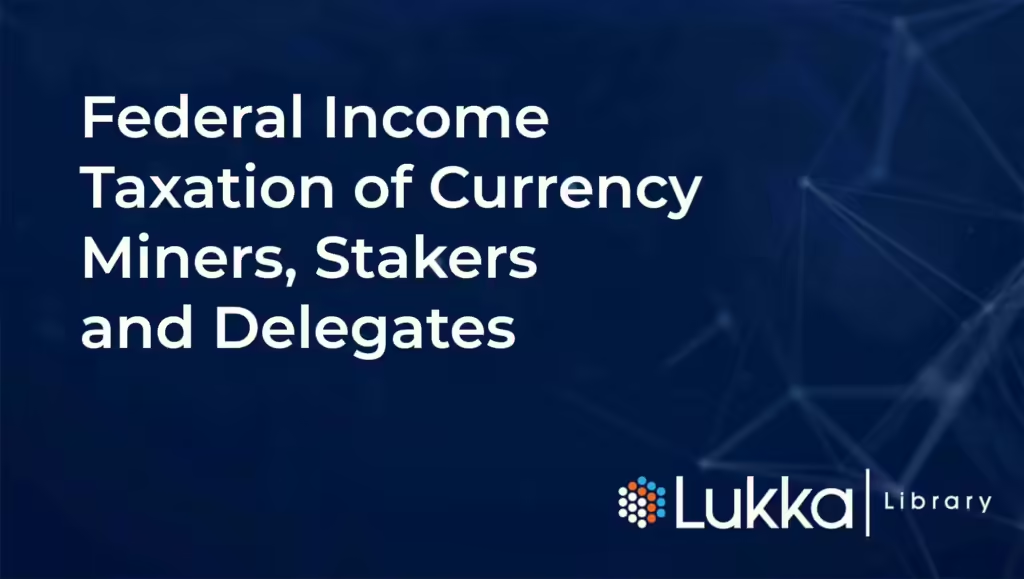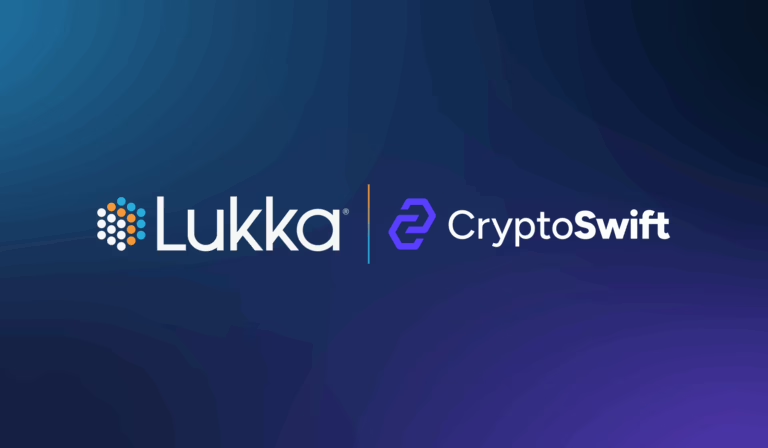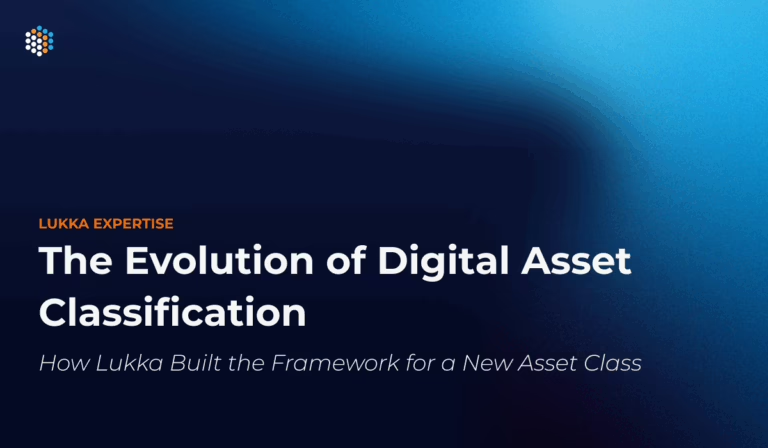Author: John Cunningham, McLane Middleton, P.A.
His practice is focused on LLC law and tax and on advising clients on how to maximize the federal income tax deductions potentially available to them under Internal Revenue Code section 199A. The link to his website is www.llc199A.com.
I. INTRODUCTION AND SUMMARY
As readers will know, miners are persons who verify data in cryptocurrency databases and other virtual currency databases and seek to ensure the security of these databases. Many miners are business entities; some are individuals. All of them that are subject to federal income taxation, including both U.S. citizens and non-citizens, must pay federal income tax, and, in many cases, Social Security Taxes, on payments they receive for their mining, since the IRS views these payments as property. Needless to say, these payments must be in U.S. dollars.
This Overview summarizes the federal tax rules that, according to the Internal Revenue Service, are applicable to miners on the above payments. The federal tax rules set forth here also apply in general to receipts and payments by virtual currency stakers and delegates. I have also written articles for the Lukka Library on the availability of special tax deduction (up to 20% of their “qualified business income”) for miners, stakers, and delegates. Section 199A of the Internal Revenue Code grants this special deduction where its requirements are met.
The principal sources for the federal income tax discussion below are IRS Notice 2014-2, 2014- 16 I.R.B. 938 (PDF); an IRS October 9, 2019 publication entitled “Frequently Asked Questions on Virtual Currency Transactions”; and Rev. Rul. 2019-24, 2019-44 IRB 1004.
II. THE FEDERAL INCOME TAXATION OF PAYMENTS AND RECEIPTS OF VIRTUAL CURRENCY AS PAYMENT FOR MINING SERVICES
- Basic rule: virtual currency is property. As indicated above, the IRS views the virtual currency paid or received for mining services by miners subject to U.S. federal income tax as property, and it applies essentially the same federal tax rules to these payments and receipts as to payments and receipts to taxpayers of any other form of property for any other type of service.
- Some argue that mining for virtual currency should be treated in the same manner as mining for precious metals. In such instances, the miner is not taxed when they discover the precious metal. Rather, they are taxed when they sell it.
- Tax character of receipts of virtual currency. The virtual currency received by individuals and entities for their mining services must be reported by them as ordinary income.
- Virtual currency disclosure requirement in Form 1040. The first line of the current draft of IRS Form 1040, Schedule 1 (“Additional Income and Adjustments to Income”) contains the following question, which must be answered by checking boxes marked “yes” and “no.”
- At any time during 2019, did you receive, sell, send, exchange or otherwise acquire any financial interest in any virtual currency?
- If a miner has in fact received such an interest during 2019 as a payment for mining services but answers “no” to the question or fails to answer it in his or her Form 1040, this may trigger an IRS audit, an IRS deficiency notice, interest, penalties and/or criminal sanctions.
- The duty to value receipts and payments of virtual currency. As with payments and receipts by them of any other form of property for services, miners must determine the value of the virtual currency that they pay or receive on the date of the payment or receipt, and the basis for this valuation must be the fair market value of the virtual currency in U.S. dollars on that date. In addition, by the due date of their federal tax returns, miners must determine in dollars their net income or loss in respect of this virtual currency on the basis of an aggregation for the relevant taxable year of the date-of-payment-or-receipt dollar valuations.
- How to value payments and receipts of virtual currency. Payers and recipients of virtual currency for mining services normally must value the virtual currency in question in U.S. dollars on the basis of an exchange rate set forth established virtual currency exchange if such an exchange is available for the virtual currency in issue. In the absence of such an exchange, they may use any other reasonable method of valuation.
- There are several websites that purport to offer assistance to miners and others in determining the dollar value of virtual currency. However, in determining the fair market value of payments and receipts of virtual currency to employees and independent contractors for mining services, a plausible standard might be the value that the payment or receipt had been in dollars.
- Federal income tax reporting of virtual currency received by miners who are sole proprietors. Miners who provide their mining services as individuals–i.e., in federal tax terms, as sole proprietors serving as independent contractors–must report their mining income in dollars to the IRS annually in Schedule C of their IRS Form 1040 if their receipts total at least $400; and they must pay federal income tax and Self-Employment Tax on their mining income for the relevant taxable year on a quarterly basis. This assumes the mining rises to the level of a trade or business and is not just a hobby.
- Individuals may provide mining services either as state-law sole proprietors or through single-member LLCs of which they are the members and which accept the federal tax classification of “disregarded entities” and whose income is thus taxable to the individuals themselves. However, as noted below, single-member LLCs owned by individuals may be able to taxable as C corporations or S corporations.
- Federal income tax reporting of virtual currency received by entities that provide mining services. The federal income tax regimens applicable to mining entities other than single member LLCs owned by individuals and classified as disregarded entities may be either Subchapter C (a double-tax regimen), Subchapter K (a highly flexible pass-through regimen) or Subchapter S (also a pass-through regimen, but much less flexible than Subchapter K). The federal tax regimens available to single-member LLCs whose members are individuals are, as indicated, sole proprietorship taxation and Subchapters C and S. The federal tax regimens available to multi-owner businesses are Subchapters C, K and S. Choosing the best federal tax regimen for a mining enterprise on federal income tax and Social Security Tax grounds is called “tax choice of entity.” The choice is often complex.
- Federal income taxation of miners taxable as C corporations, S corporations, and partnerships and their employees.
- C corporations. If miners conduct their mining enterprises as entities subject to federal income tax under IRS Subchapter C, they must report their payments for mining services in IRS Form 1120.
- S corporations. If they conduct their mining enterprises as entities subject to federal income tax under IRS Subchapter S, they must report their payments for mining services in IRS Form 1120S.
- Entities taxable as partnerships. If they conduct their mining enterprise as entities taxable as partnerships, they must report their income from mining services on IRS Form 1065. Partnerships must withhold federal income tax or Social Security Taxes with respect to non-partner employees who perform mining services for their clients. They need not do so for partners who perform these services for them, but these partners must withhold and pay to the IRS quarterly payments of federal income tax and Self-Employment Tax.
- Most multi-member LLCs are taxable as partnerships, but a few are taxable as C or S corporations.
- S corporation and their employees. Individuals who provide their mining services as employees of entities that provide these services and that are taxable as S corporations, including shareholder-employees, must pay federal income taxes and FICA taxes on the dollar value of salaries, bonuses and other compensation paid to them by these S corporations in the form of virtual currency for their employment services.
- In addition, these corporations must withhold federal income tax and FICA taxes on the salaries and other compensation paid by them to their employees in the form of virtual currency. They must value this virtual currency at its fair market value in U.S. dollars on the day of receipt of the compensation by their employees.
- C corporations and their employees. Individuals who provide their mining services as employees of entities taxable as C corporations must pay federal income taxes on the dollar value of salaries, bonuses and other compensation paid to them by these corporations in the form of virtual currency for their employment services. In addition:
- If these individuals are shareholders of these corporations, they must pay federal income tax on their shares of the net income of these corporations from mining services that are distributed to them in the form of cryptocurrency to them as shareholders; and
- These corporations must withhold federal income tax and FICA taxes on the salaries and other compensation paid by them to these individuals. This virtual currency must be valued in dollars at its fair market value on the date of receipt.


